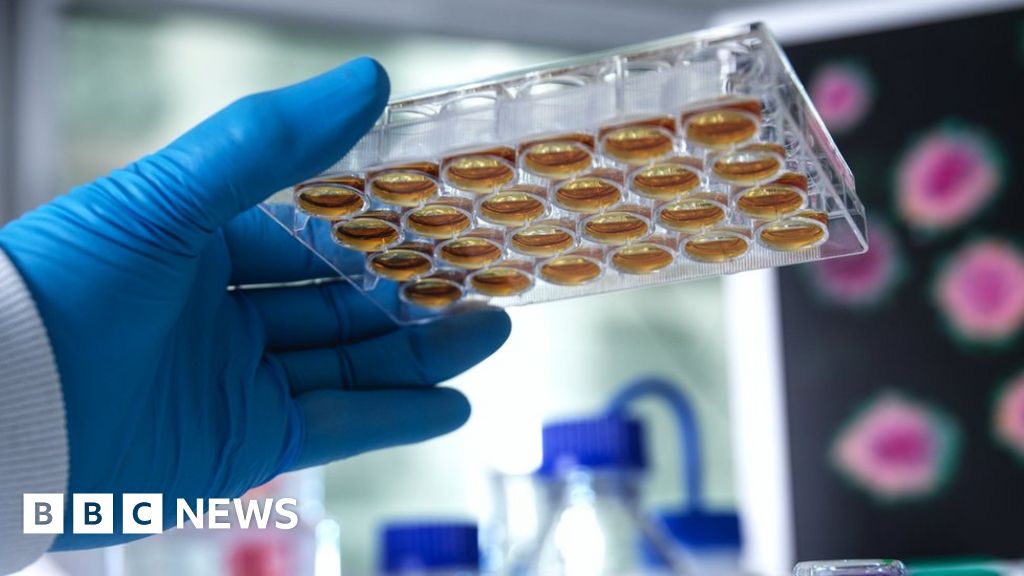- By Smitha Mundasad
- Health reporter
Image source, Getty Images
An expert microbiologist has hailed the discovery of a potential new class of antibiotics that could treat lethal hospital infections as “very exciting”.
The research offered “definite hope” for other hard-to-treat infections, she told BBC Radio 4’s Today programme.
US researchers focused on finding a new way to treat infections caused by the carbapenem-resistant Acinetobacter baumannii (Crab) bacterium.
The organism, classed a “priority-one critical pathogen” by the World Health Organization, can cause very serious invasive blood and chest infections in critically ill hospital patients.
It is resistant to many known antibiotics.
And about 40-60% of those infected die.
A key reason it is so hard to find new drugs that neutralise it is because of the bacterium’s tricky structure – with a double walled “membrane” surrounding it and protecting it from attack.
This configuration “makes it very difficult to get drugs into it and to get drugs to stay inside”, Prof Piddock told BBC News.
But zosurabalpin, found after screening about 45,000 small molecules with potential antibiotic properties, appears to destroy the organism’s ability to successfully assemble this key protective membrane.
‘First-in-man’ studies
“What is exciting about this discovery is that one of the building blocks that are part of the outer part of this bacterial cell is disrupted by this new drug,” Prof Piddock said.
In laboratory experiments, the compound stopped a critical building block – a lipopolysaccharide – being transported to the outer part of the cell, preventing the protective membrane from forming properly and ultimately leading to cell death.
It was “exciting” the researchers had already completed some “first-in-man” studies – on a relatively small number of healthy people – and were “set up now to go on and do full clinical trials in people with the infection”, Prof Piddock said.
But “we are a very long way” from it being used in hospitals.
‘Definite hope’
Prof Piddock said: “Full clinical trials… take a lot of time, several years. And indeed, they cost millions of pounds to do. And even if the trial is successful, then the drug has to be approved for use and then made accessible to those that need it – and that is all over the world not just in a few countries that can afford it.
“Therein is the big problem – the economics of making antibiotics.”
But despite the considerable hurdles, there is “definite hope”.
“It is really exciting – and not only is it good for this type of bacteria, but this could be built upon for others as well,” Prof Piddock added.

Sarah Carter is a health and wellness expert residing in the UK. With a background in healthcare, she offers evidence-based advice on fitness, nutrition, and mental well-being, promoting healthier living for readers.








